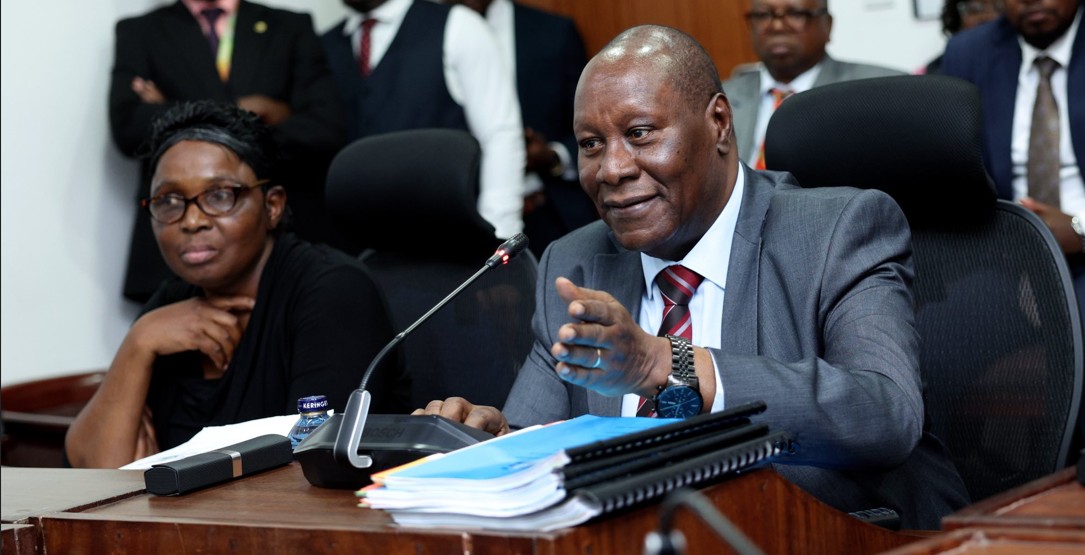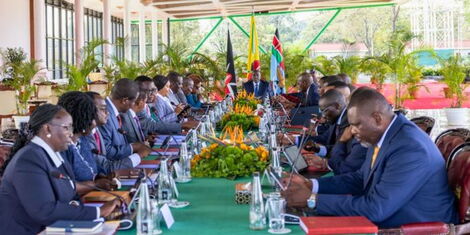The High Court has delivered a dramatic legal blow to Parliament’s bid to entrench the NG-CDF, Senate Oversight Fund and the National Government Affirmative Action Fund into the Constitution. In a ruling handed down on Thursday, September 18, 2025, Justice Lawrence Mugambi issued conservatory orders barring the National Assembly from forwarding the Constitution (Amendment) Bill, 2025 to President William Ruto for assent.
What the Court Ordered
- The Bill is frozen from becoming law until the matter is fully argued and decided in court. Even if Parliament grants consent, that assent will have no legal effect until the petition challenging the Bill is resolved.
- The court directed Chief Justice Martha Koome to empanel an uneven bench of judges (at least three) to hear the Katiba Institute’s petition.
What Is the Katiba Institute’s Case
The petition, brought by the Katiba Institute, challenges the constitutionality of the Amendment Bill on multiple fronts:
- It argues the Bill is superfluous, that is, unnecessary, because the Constitution already provides mechanisms that can lawfully support the funds in question under existing law.
- The petition claims the Bill violates constitutional requirements for prudent and responsible use of public funds, arguing that resources are being used in a manner inconsistent with financial accountability and constitutional standards.
- Central to the challenge is the assertion that certain amendments touch on entrenched constitutional provisions, which can only be changed through a referendum, not simply by parliamentary vote.
Political and Legal Implications
This ruling throws the legislative process into uncertainty, with significant consequences:
- Parliament had already passed the Bill’s Third Reading. But the Senate had not yet approved it, nor had the President signed it. This delay means the Bill may now stall altogether.
- If the High Court upholds the petition, the attempt to embed these funds constitutionally may be declared invalid, potentially reversing steps taken by Parliament.
- The requirement for a referendum law, which has never been enacted despite being constitutionally anticipated, becomes a central issue. Parliament may be compelled to pass that law before pursuing constitutional amendments that alter entrenched clauses.













Leave a Reply